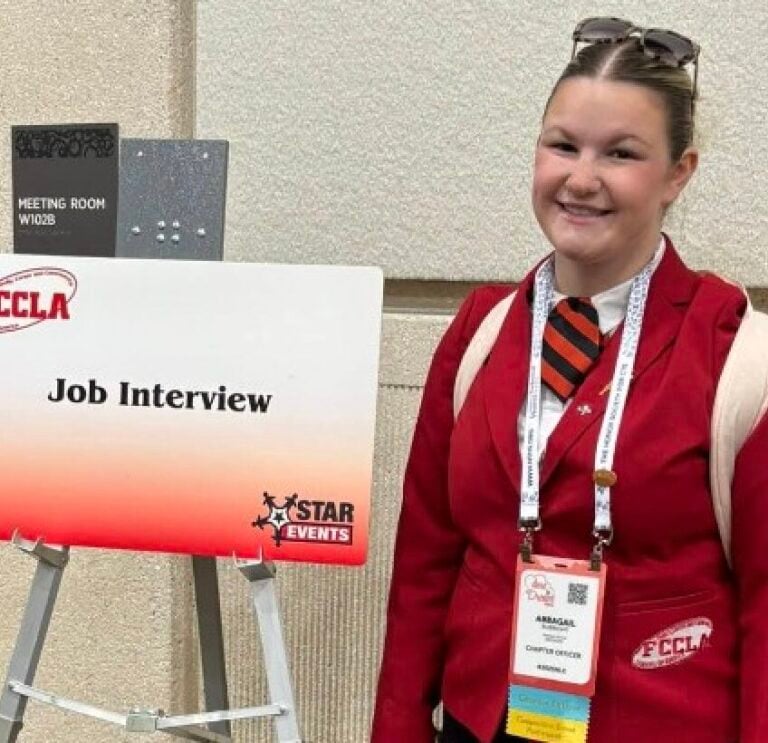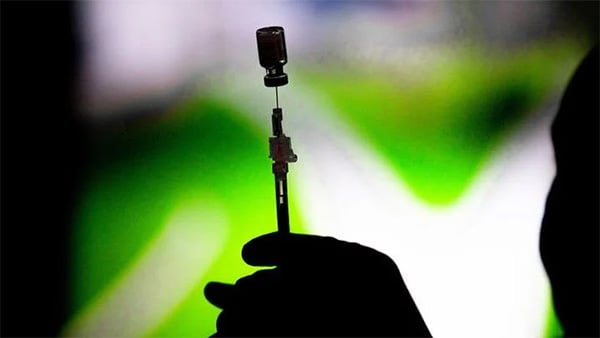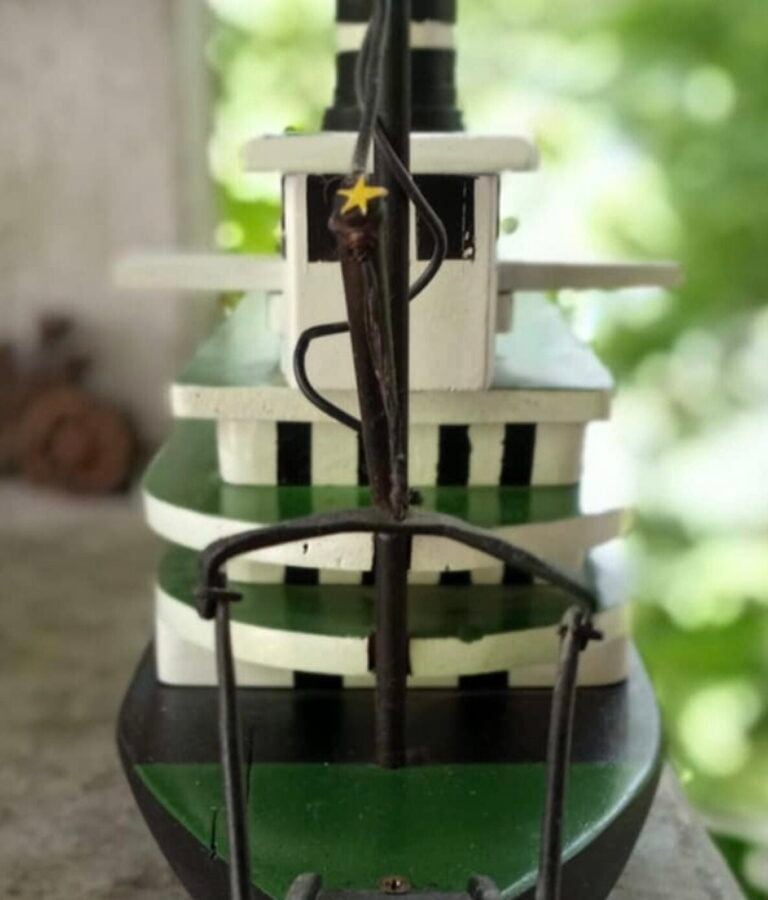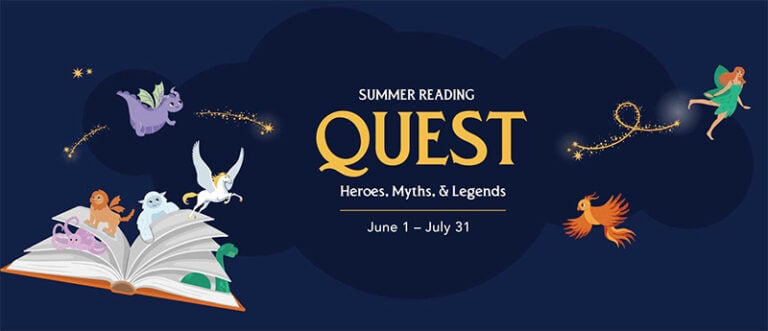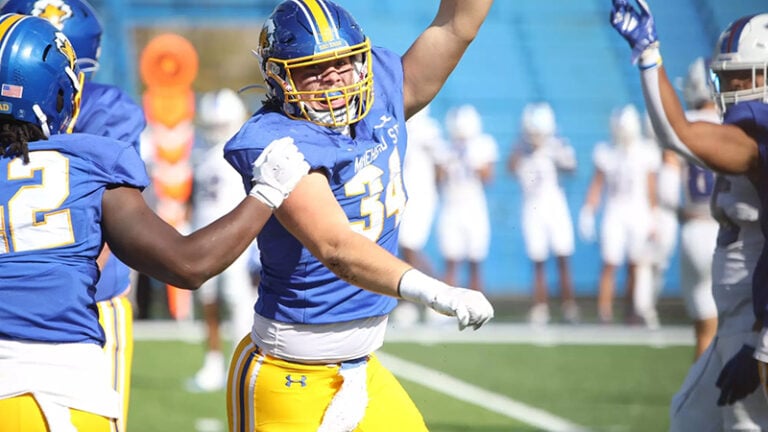“Be brave enough to ask for help, it is a true sign of wisdom.” Confucius
As a professor in the Thomas More College (TMC) Education Department, I’d had one of this student-athlete’s siblings in my classes a few years before. So when he arrived at TMC for his freshman year and playing on our football team, it was fun for both of us to share my Introduction to Education course.
This course was popular with many of the student-athletes due to their interest in teaching/coaching careers. That was his intent. The overview focus of the course meant that there were assorted readings along with weekly data-gathering visits to schools.
One day after class, he asked if I had a few minutes.

Back in my office, he admitted that he was struggling in my class and in his other classes when readings were heavy. “It takes me such a long time to get through even an article.”
How difficult it must be for him to say those words! I listened carefully, empathetically.
Diagnosis of issues with reading wasn’t my field. We had a reading specialist in the department, but this wasn’t the time. This was a very private conversation.
I’d been reading about the Irlen Institute’s work with scotopic sensitivity and had ordered a sample set of their materials. Though I hadn’t had training in their use, his description of the struggle found me offering to show him some of the material. Perhaps by sharing this with him, he’d realize there might be help for his reading.
I followed the suggestions in the packet. He selected a page in some required reading for a class. One by one, I placed a colored transparency over the page while he looked at the page. One by one there was no reaction and then I placed the pale orange-tinted transparency over the page. “Oh my! The letters quit moving!” He was astounded. Seeing his reaction, I could have cried.
We finished the packet of colored transparencies. The orange one was THE ONE.
I gave him that transparency asking him to let me know if it continued to help.
The Irlen materials also suggested that for writing, it might help to place the notebook on a larger sheet of similarly colored paper. For him it would be a larger orange sheet.
Two sheets of construction paper taped together was our temporary solution.
He left with the contact information for the TMC office for academic support. They would have the training for sustained help.
Now, decades later, that day in my office stays etched in my mind.
Educators today have much training in meeting special needs in regular classrooms and tools for support. We’ve learned a lot over the years.
Then COVID happened and we have a whole different set of challenges. No one could have anticipated COVID’s impact on the education of this generation of students.
Judy Harris is well established in Northern Kentucky life, as a longtime elementary and university educator. A graduate of Thomas More, she began her career there in 1980 where she played a key role in teacher education and introduced students to national and international travel experiences. She has traveled and studied extensively abroad. She enjoys retirement yet stays in daily contact with university students.








